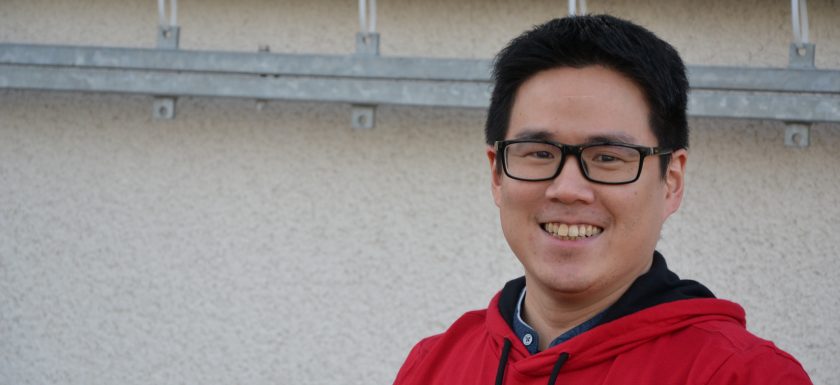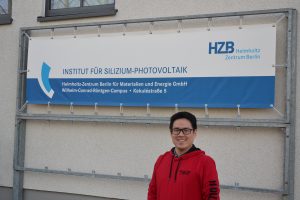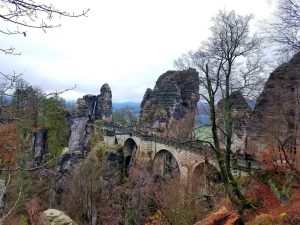
Group leader at the Institute of Silicon Photovoltaics at HZB, this Taiwanese physicist did his master’s degree in his home country before moving to the USA for his PhD and Postdoc. One of Yu-Tsung’s convictions he wants to share with its students is staying centred towards their own research interests and knowing their topic on the top of their heads.
Why did you decide to move to the USA and do a PhD?
At that time, if you wanted to follow up on the research you were interested in, you needed to become a professor. Physics is my passion since a long time, and I wanted to do my own research. So, I followed the route of a PhD at the State University of New York at Buffalo (New York) and later a Postdoc at the University of Texas at Austin.
I remember that I had a hard time doing my PhD study in the USA as they ask you to take some core classes, teach Physics 101 classes and do research – it is multitasking all the time.
How did you decide to come to Germany and more specifically to HZB?

A lot of researchers are willing to move around the world. Germany, France, UK are the dominating countries with also most resources in Europe. I applied for a Franco-German programme “Make Our Planet Great Again – German Research Initiative“(MOPGA-GRI), which is co-funded by the German Ministry of Education and Research and HZB and was accepted in 2018.
At the end of 2018 I was able to start my junior group. It took a few months to set up the group and now I work together with one Phd student, one master Student and one Postdoc. I am specialised in material science and my group focusses on novel materials to create new solar cells.
How would you describe the challenges of being a supervisor?
For me, being a supervisor means I am mentoring younger generation. I see my task as making sure that their project will work out in the end. Additionally, my goal is to provide them with a proper training at HZB so that when they obtain their PhD degree, they are independent and excellent researchers.
There are many challenges to take care of. For example, there is an important balance to find between too much workload on a PhD student and enough tasks to keeping him or her on the right track. For this point I am constantly adjusting. Also, I have learnt that I cannot use my own experience as a PhD student and compare it with another person. My strengths are not automatically the same as the students’ and therefore my previous “successful” experience may not work with her or his personality.
I enjoy doing science, however being a supervisor means also staying back and letting the new generation doing the experiments – and “just” being there, supportive, and helpful. It is immensely important to give them the opportunity to do things by themselves in the lab and not to interfere.
What would be your advice for young researchers thinking about a PhD?
There is one central thing to take into consideration: find a topic you really love, stay focussed and do not be tempted by all the other exciting topics around you. For example, when you work on solar cells, learn all the techniques and knowledge about this topic. To exaggerate: do not deviate to space physics!
When I did my PhD, I had a supervisor and my project. I was told to dig in, to study and to find answers. There was neither energy nor time to deviate to another topic. I realised that at the end, for your own PhD project you should be the one who knows most in the world, and your supervisor should be the second one.
That means, at the start of their PhD life, students should really stay concentrated. They are at the stage of early researchers and should not invest too much time in other subjects. Of course, when they have built up knowledge and have enough training in their field, it is important to speak to others, to pose questions and to expand their field at that time.
The last year brought a pandemic, what was the first thing you did with your students?

The past year was very challenging! I realised quickly that I needed to train the students to the lab techniques so that they are able to do experiments by themselves since we want to avoid physical contact.
What are you doing
when you are not in the lab?
When I am not following my research projects and there is no pandemic, I love travelling. Europe is full of exciting destinations to explore; I am never bored. I enjoy planning my travels discovering the nature and also exploring the cultural side of this country.
Thank you for this interview Yu-Tsung Tsai.
If you want to read more about his work: https://www.researchgate.net/profile/Yutsung-Tsai
Did you like this interview? You may enjoy also reading other interviews in the series #phdlife: science.hzbblog.de/tag/phdlife
